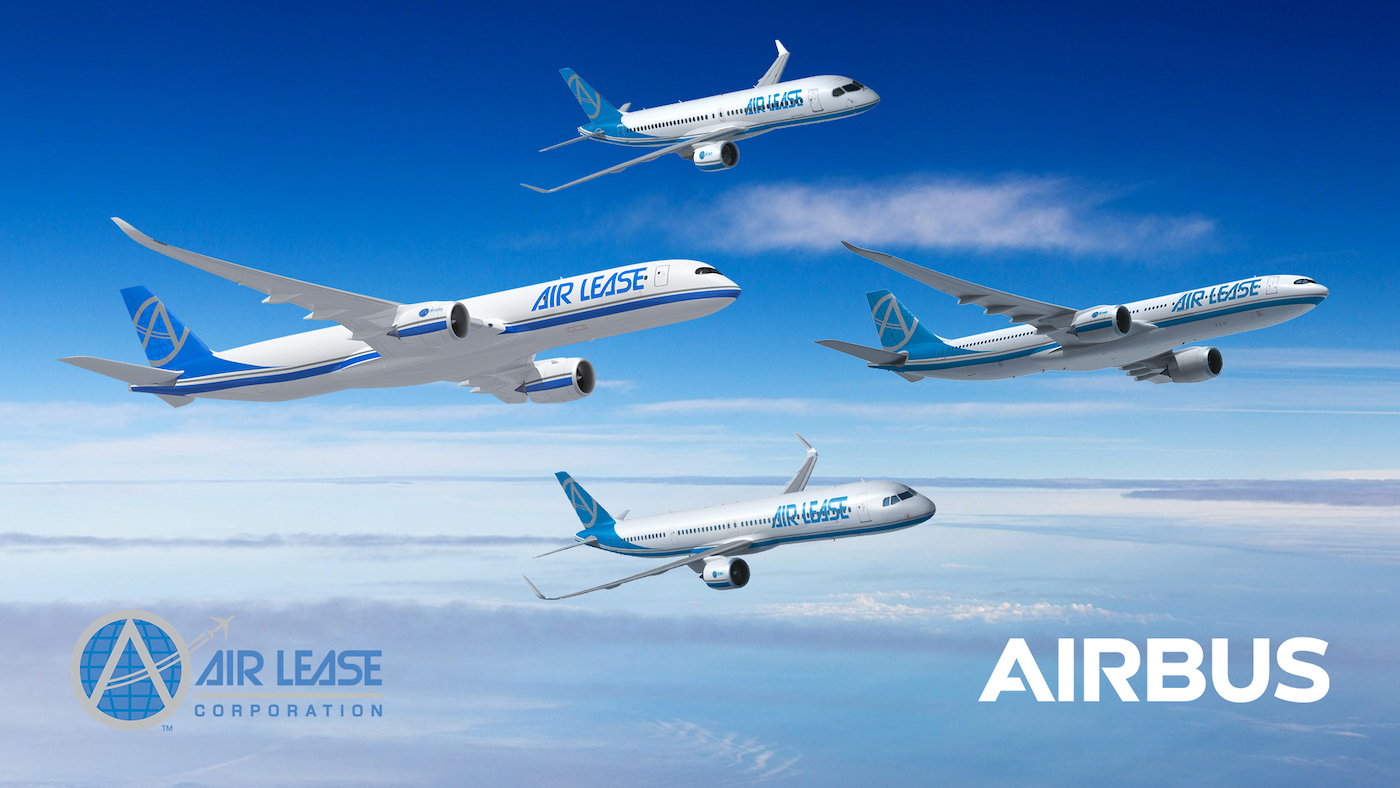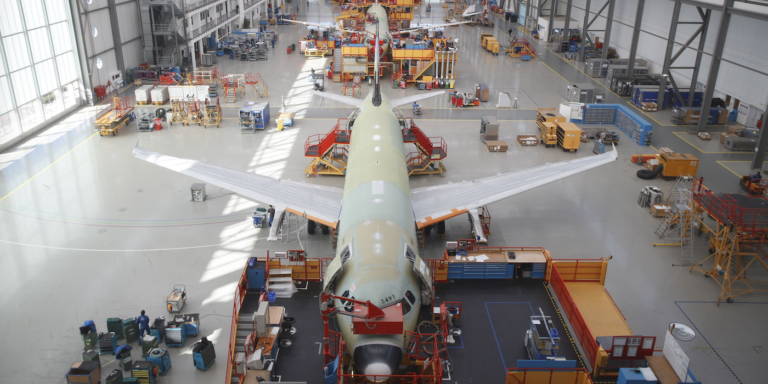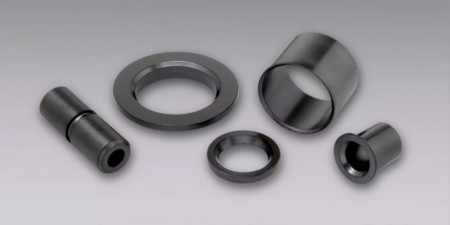Airbus has reported its consolidated full-year (FY) 2021 financial results, which take into account 611 commercial aircraft deliveries, revenues of €52.1 billion and an EBIT of €5.3 billion.
“2021 was a year of transition, where our attention shifted from navigating the pandemic towards recovery and growth. Thanks to the resilience and efforts of our teams, customers and suppliers, we delivered remarkable full-year results,” said Guillaume Faury, CEO of Airbus.
“The strong financials reflect the higher number of commercial aircraft deliveries, the good performance of our helicopters and defence and space businesses, as well as our efforts on cost containment and competitiveness. Record net income and our efforts to strengthen the net cash position underpin our proposal to reintroduce dividend payments going forward. At the same time, we continue to invest in our strategic priorities and in the transformation of our company.”
Gross commercial aircraft orders for FY2021 totalled 771 (2020: 383 aircraft), with net orders of 507 aircraft after cancellations (2020: 268 aircraft). Included were the first A350 freighter orders, confirming customer demand for this new programme.
The order backlog included 7,082 commercial aircraft on 31 December 2021 (end 2020: 7,184 aircraft).
Consolidated order intake by value increased to €62.0 billion (2020: €33.3 billion) with the consolidated order book valued at €398 billion on 31 December 2021 (year-end 2020: €373 billion). Airbus says the increase in the backlog value mainly reflected the strengthening US dollar.
Consolidated revenues increased 4% to €52.1 billion (2020: €49.9 billion), mainly reflecting the higher number of commercial aircraft deliveries, partially offset by less favourable foreign exchange rates.
A total of 611 commercial aircraft were delivered (2020: 566 aircraft), comprising 50 A220s, 483 A320 Family, 18 A330s (two delivered on operating lease without revenue recognition at delivery) , 55 A350s and 5 A380s. Revenues generated by Airbus’ commercial aircraft activities increased 6%, largely reflecting the higher deliveries compared to 2020.

Consolidated EBIT Adjusted, used as an alternative performance measure and key indicator capturing the underlying business margin by excluding material charges or profits caused by movements in provisions related to programmes, restructuring or foreign exchange impacts, as well as capital gains/losses from the disposal and acquisition of businesses – was €4,865 million (2020: €1,706 million).
The EBIT Adjusted related to Airbus’ commercial aircraft activities increased to €3,570 million (2020: €618 million), mainly driven by the delivery performance and efforts on cost containment and competitiveness.
Airbus says its commercial aircraft production is progressing in line with previously announced plans, in what it calls “a complex environment”. Specifically on the A320 Family, the ramp-up is on trajectory to achieve rate 65 by summer 2023 and the company continues to de-risk, notably by enabling all assembly sites to become A321-ready. For A320 Family production rates beyond 2023, Airbus is still in the assessment phase and working with suppliers to potentially enable an increase above rate 65.
Consolidated self-financed R&D expenses across Airbus’s various activities totalled €2,746 million (2020: €2,858 million).
Outlook
As the basis for its 2022 guidance, Airbus assumes no further disruptions to the world economy, air traffic, the company’s internal operations, and its ability to deliver products and services.
The company’s 2022 guidance, before M&A, includes 2022 targets of 720 commercial aircraft deliveries and an EBIT Adjusted of €5.5 billion.





